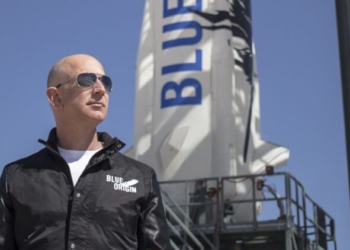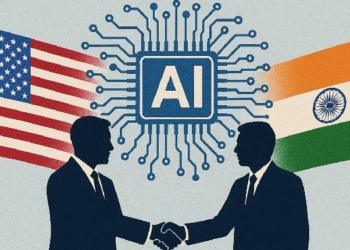New Delhi: The implementation of generative artificial intelligence (AI) in pharma and healthcare has the potential to address the issues of high costs and poor patient experiences while enhancing efficiency and patient outcomes, according to a report on Wednesday.
With a growing focus on data-driven healthcare, generative AI is poised to significantly transform the industry, said the report by GlobalData, a leading data and analytics company.
“Generative AI is fundamentally revolutionising the healthcare scene, powering a transformative shift across the value chain. Its ability to customise multi-format content, serving everyone from pharmaceuticals to patients, bestows precisely targeted communication. However, adhering to responsible AI is pivotal in building trust and managing risks within the industry,” said Kiran Raj, Practice Head of Disruptive Tech at GlobalData, in a statement.
“Generative AI can streamline personalised care and guided diagnosis by synthesising key data points from patients’ medical history, family history, and lifestyle. The technology can help physicians provide more effective care at lower costs, leading to better patient outcomes,” added Saurabh Daga, Associate Project Manager of Disruptive Tech at GlobalData.
GlobalData’s latest report provides a comprehensive view of how generative AI is being implemented across the pharma value chain for applications ranging from research and development, imaging and diagnostics to patient care and support.
Generative AI is set to revolutionise drug discovery by generating novel drug candidates based on researcher-provided criteria and constraints. Predicting the efficacy and safety of new drug candidates and personalising drug therapy are additional capabilities that are poised to improve patient outcomes.
While drug discovery startups such as Huma.AI, Insilico Medicine, and Absci are developing generative models capable of fast-tracking drug development, companies like Google and NVIDIA through MedPalm 2 and BioNeMo Cloud are providing the necessary infrastructure for generative AI-powered drug discovery.
“While the generative AI landscape is not without risks, especially in regulated industries like pharma and healthcare, there is potential for significant advancements and benefits. Challenges such as bias, discrimination, and privacy need to be mitigated through governance,” Daga said.
“It is crucial to partner with organisations that offer industry perspective and technology expertise at the intersection of responsible AI to fully leverage the potential of recent technological breakthroughs,” he noted.
(IANS)
















